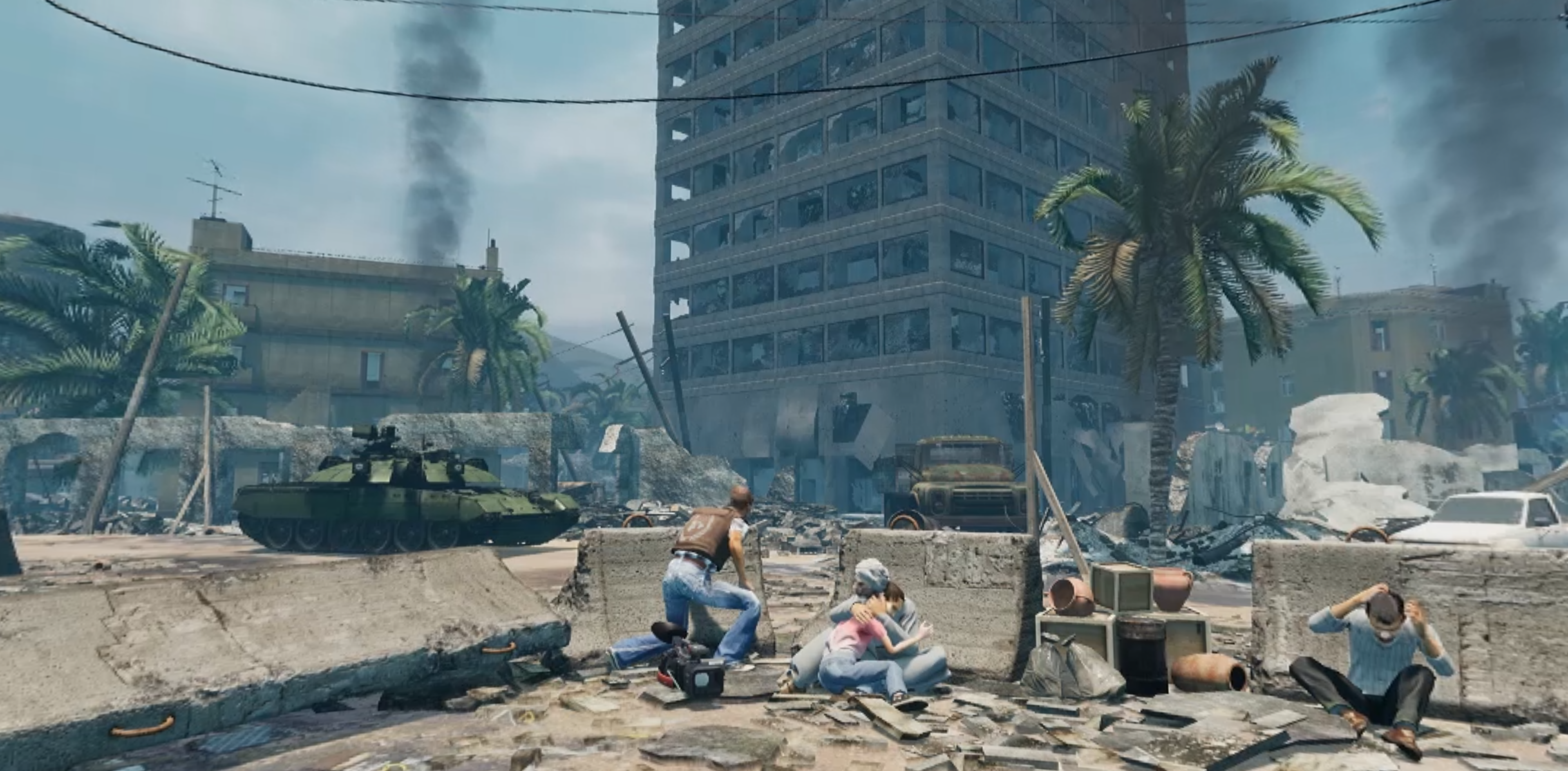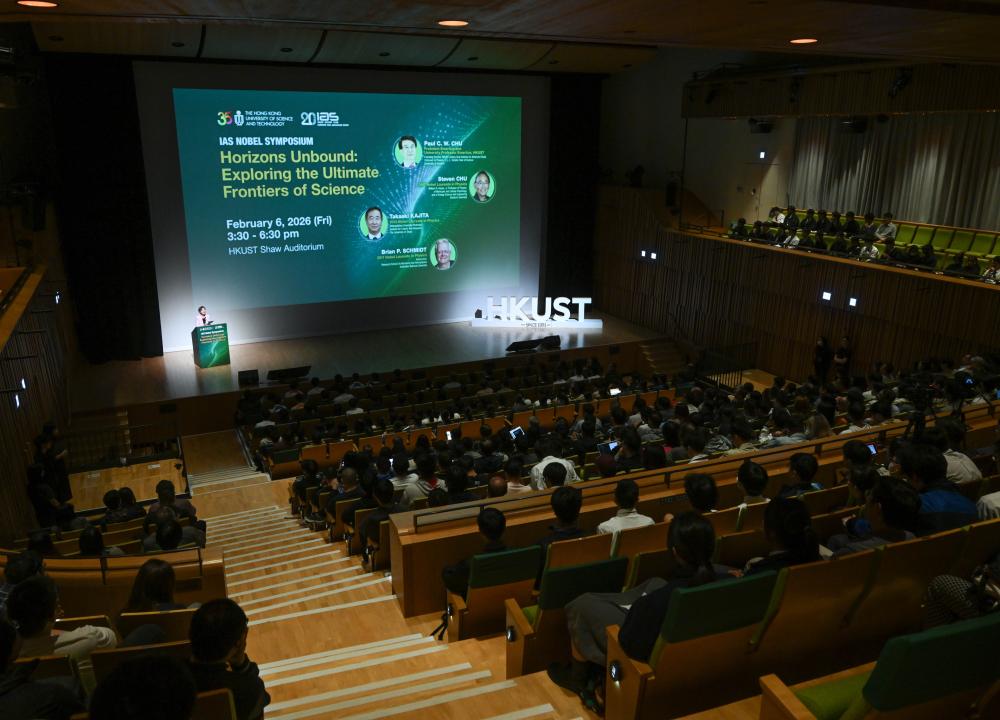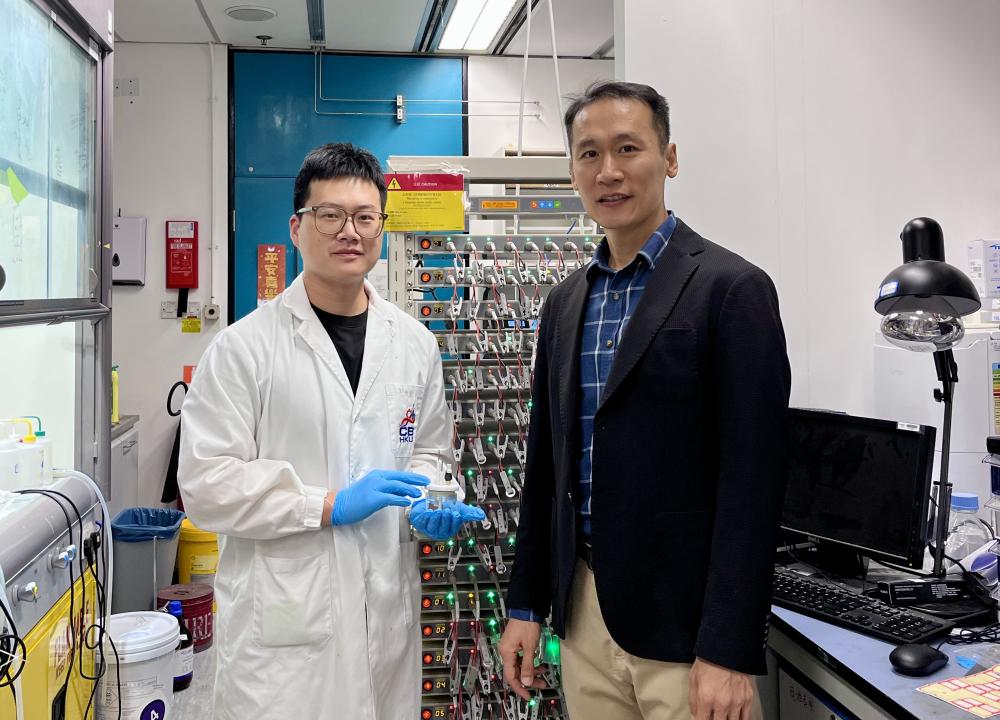A Passion for Helping That Never Fades
Rachel HUANG, a final year student of Global Business and Operations Management, remembers vividly how she was shocked and saddened to see people living in extreme poverty in a drought-hit village in India as she took part in volunteer work to take care of the homeless women and children there. The unforgettable experiences made Rachel, who grew up in Taiwan and has lived a comfortable city life, realize she should never take things for granted. Moreover, it planted the passion in her heart that she wanted to do something to help the needy.
“The place we live in is far too safe and comfortable. We can hardly imagine what other people’s lives are like in other corners of the world that are unsecured and unstable,” she comments. “Only when you are in that place, you can feel strongly that there is a totally different way of life. Then you start to think about what I can do for them? And what role can I play in this world?”
So last year, when she heard about the one-year traineeship in the International Committee of the Red Cross (ICRC) headquarters in Geneva, Switzerland, she applied for it without a slight hesitation. "I told myself that if I had the opportunity to make a different, brave or relatively significant decision in my life, I would seize the opportunity,” she remembers, still with that excitement in her eyes.
This valuable traineeship program, fully sponsored by HKUST, was the successful outcome of many prior communications and exchanges between ICRC and HKUST Connect Student Civic Fellowship Program, which has implemented many internship programs with different NGOs to nurture all-rounded students over the years.
Unlike the usual practice where only postgraduate students would be recruited mostly from Europe for this highly competitive ICRC traineeship position, this one is exclusively for HKUST students.
Instead of taking into account applicants’ grades or their academic backgrounds, interviewers of this traineeship program are particularly concerned how the selected HKUST student could fit ICRC which emphasizes that the trainee should have “passion”, which can only be assessed by an applicant’s involvement in related humanitarian relief works in the past. Apart from that, open-mindedness and knowledge of public affairs are vital for making the applicant a good fit for the multi-cultural work environment.
Rachel was then recruited and assigned to work in ICRC’s Resource Mobilization division, with a focus on writing a fundraising proposal to donors with topics of their interest, and liaising the government representatives of different countries.
As a business school student, she credits the knowledge about economics and finance she learned at the school to help ICRC conduct research on Asian and emerging countries. For instance, Rachel showed ICRC why Indonesia is a potential country for collaboration based on its economic index.
It took Rachel some time to adjust to the change of identity from a student to a professional. On her first day of work at ICRC, Rachel’s supervisor took her to meet a European representative. Despite having a high level of proficiency in English and French, she found the conversations in the meeting incomprehensible.
“From that diplomatic meeting, I’ve learned that the words they choose do not convey the same meaning as those same words in our daily communications,” she recalls. Diplomatic meetings should adhere to strict protocols and etiquettes where the message of a request should be conveyed in an indirect manner such as “I will let you see if you can finish this or that”. “At first, I didn’t know whether this was a request, suggestion, or comment. But after a while, you would eventually learn that some of the chosen words actually carry different meanings in a diplomatic context,” she says.
Through working at ICRC, Rachel has also learned how this international organization mobilizes resources to help the needy in different war-torn countries far away from its headquarters. After a year of traineeship, she now needs to embark on a new journey but her passion for helping people never fades. “I wish to pursue my career in this field in an international organization in any city of the world,” she says.
After Rachel, HKUST has just sent another student over for another one-year traineeship to ICRC. The cooperation has further expanded to benefit both the organization and HKUST students by recruiting two more students with computer technical skills to work in ICRC’s Virtual Reality Unit in Bangkok Regional Delegation for six months starting January 2020. Students will be tasked with using computer game technology to develop training tools for humanitarian missions primarily used by ICRC and its partners. This way, trainees will be able to learn necessary know-hows without having to expose in adverse real-life situations.
In turn, HKUST students are given the opportunity to gain a deeper understanding of humanitarian work and broaden their appreciation of the global challenges the world is facing through participating in the development of virtual reality tools.













